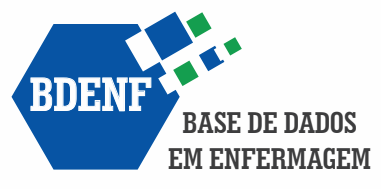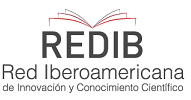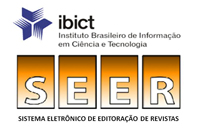Calcium supplementation to prevent preeclampsia / Suplementação de cálcio para prevenção da pré-eclâmpsia
Resumo
Objective: To evaluate the use of calcium supplementation in clinical practice for the prevention of preeclampsia in the town of Piripiri, Piauí. Methods: Cross-sectional study with pregnant women interviewed randomly in family health units of the urban area of Piripiri and in the Center for Women's Health of that town, unit for high-risk pregnancies (Ntotal = 90). Results: The supplementation of calcium has not been specifically prescribed for 65 patients (72.2%) and 24 (27.8%) could not answer. The consumption of calcium-rich foods was made by 76 women (84.4%). The consumption of cheese, 24 pregnant women (26.7%) never eat and 53 (58.9%) rarely ingest. Regarding the number of cups of milk consumed per day, 45 patients (50%) consume a glass (246 mg calcium) daily and 14 females (15.56%) did not ingest milk. Calcium intake was low and insufficient in 90% of the group (0-492 mg Ca / day). Conclusion: The low index indicating calcium supplementation for prevention of pre-eclampsia may be related to lack of timely indication of this supplementation in official protocols. Action is needed of an informative nature directed to pregnant women and health professionals to improve eating habits, as well as strategic intervention to change the routine in prenatal care. Keywords: primary prevention, preeclampsia, food supplementation, calcium.
Texto completo:
PDFDOI: https://doi.org/10.26694/reufpi.v1i2.735
Apontamentos
- Não há apontamentos.
Indexada em:















